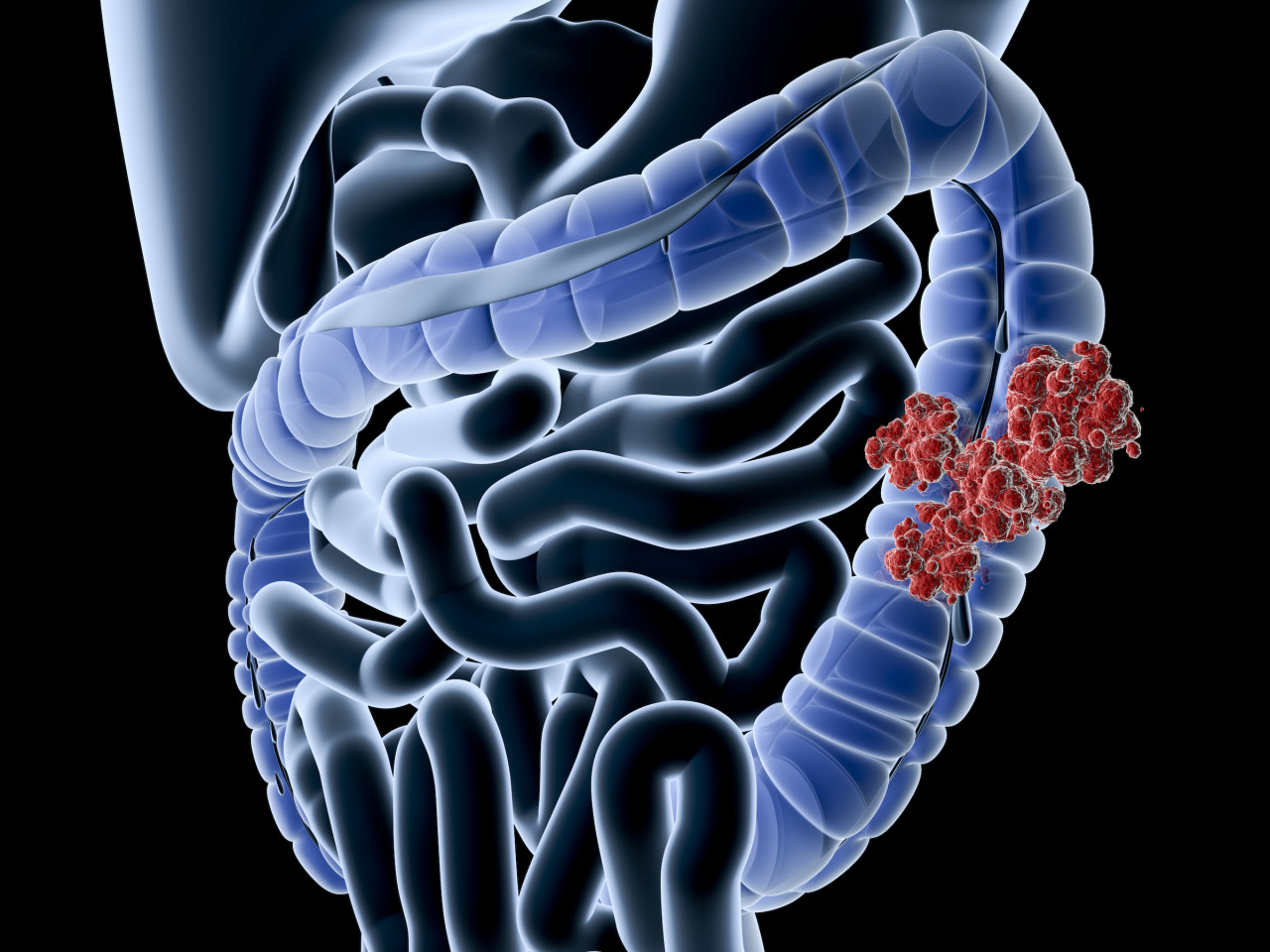Colorectal cancer as one of the most preventable cancers in young adults.
Dr. Alejandra De Angulo
Dr. De Angulo, a professor of nutrition at the University of Texas specializing in nutrition and cancer emphasizes colorectal cancer as one of the most preventable cancers in young adults [4, 5]. Diets rich in processed meats, red meats, and saturated fats produce the highest risk of colorectal cancer [5, 6]. Reducing ingestion of these known culprits along with the addition of whole grains in a diet can lower colorectal cancer risk by as much as 17 percent [6].
This mounting public health issue can be largely prevented by acting on modifiable risk factors for obesity. Focus on the importance of physical activity and nutrition education implemented in home and community settings should be a nation-wide goal. Successful collaborative efforts such as these could change how modern medicine is practiced as a shift toward wellness promotion and preventative care combats the early-onset of obesity-related cancers.
If you are interesting in learning more from Dr. De Angulo check out the Master of Science in Nutritional Sciences degree program. It is 100% online and Dr. De Angulo teaches Nutrition and Cancer in the Biochemical & Functional Nutrition concentration. Also, check out the American Cancer Society for more research and topics related to cancer prevention.
By Rachel Gutierrez, nutrition student at the University of Texas.
References:
1.American Cancer Society. Obesity-related cancers rising in young adults in the US: Millennials have about double the risk of some cancers compared to Baby Boomers at same age. Obesity-related cancers rising in young adults in the US: Millennials have about double the risk of some cancers compared to Baby Boomers at same age 2019; Available from: https://www.sciencedaily.com/releases/2019/02/190204101208.htm.
2.Elsevier. The connection between diet, obesity, and cancer: Nutrition experts explore the evidence: Dietary and lifestyle changes guided by registered dietitian nutritionists and other professionals can help reduce the incidence and progression of obesity-related cancers and support the recovery of cancer survivors. 2018; Available from: https://www.sciencedaily.com/releases/2018/03/180327162556.htm.
3.Marinac, C.R. and B.M. Birmann, Rising cancer incidence in younger adults: Is obesity to blame? The Lancet: Public Health, 2019.
4.Sung, H., et al., Emerging cancer trends among young adults in the USA: Analysis of a population-based cancer registry. The Lancet: Public Health, 2019.
5.DeAngulo, A., Personal Interview. 2019.
6.American Institute for Cancer Research. Processed meats increase colorectal cancer risk: New report. 2017; Available from: http://www.aicr.org/cancer-research-update/2017/09_20/cru_processed-meats-increase-colorectal-cancer-risk-new-report.html.
Learn more about the MS in Nutrition from UT Austin. 100% online degree. 1 or 2 year completion. UT Austin faculty.
The benefits of nutrition training prior to medical school from a med student in the inaugural class of Dell Medical School.
How does nutrition effect your genes? How do your genes effect your nutrition? Questions answered about nutrigenomics.














